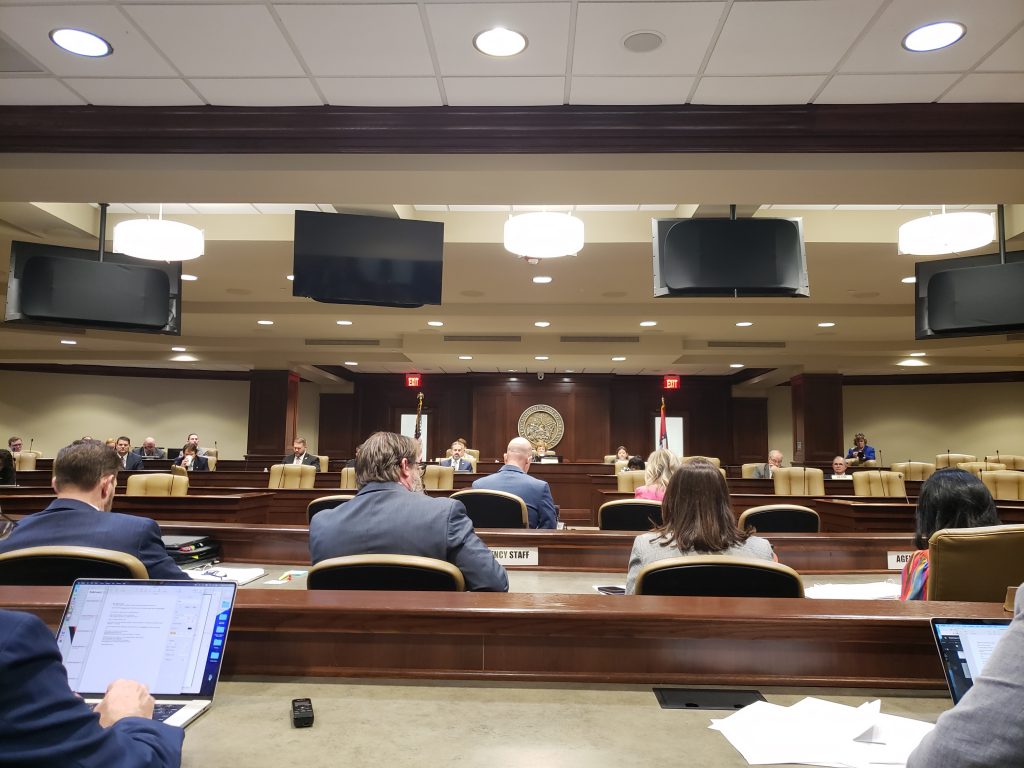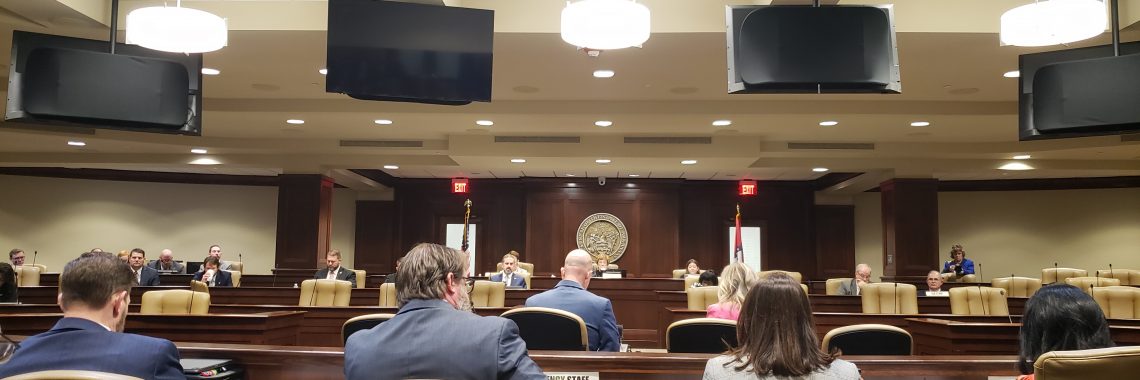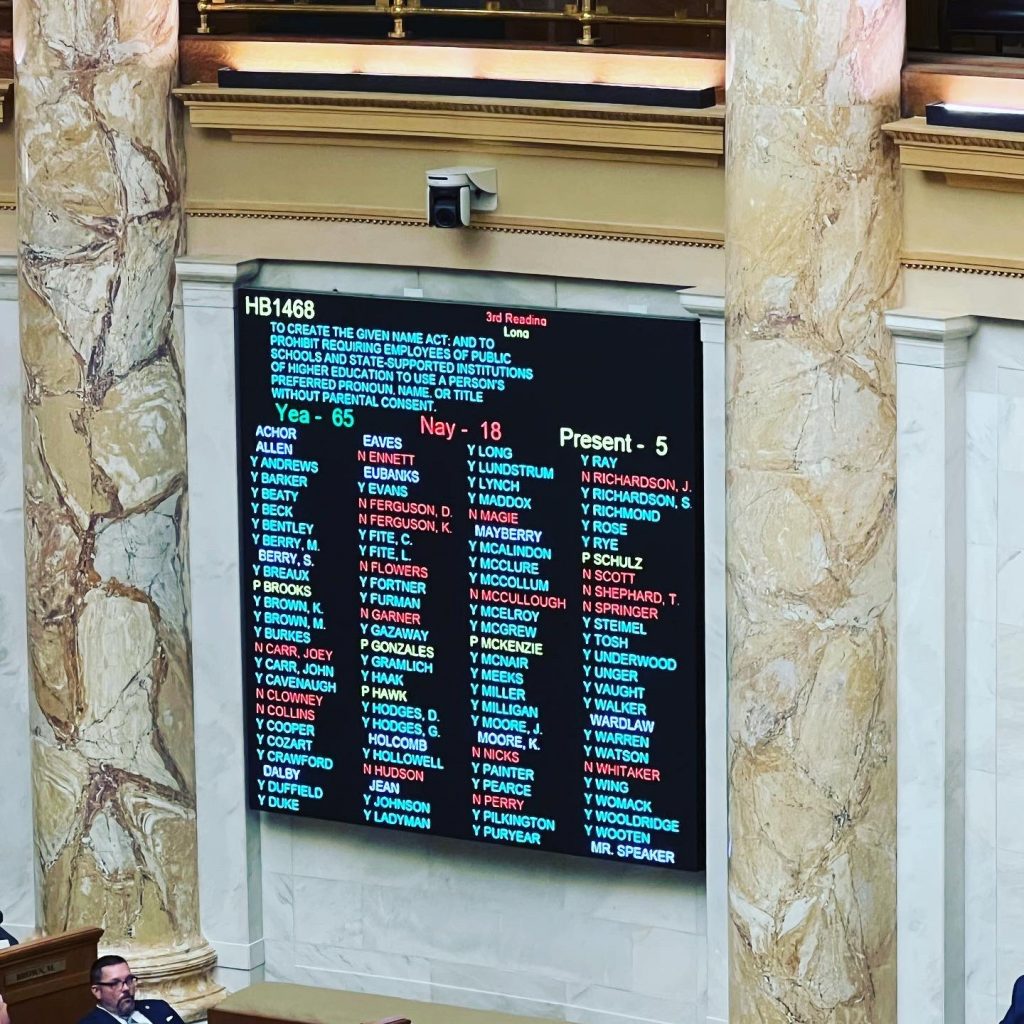Education Committee Passes Bill Addressing Implicit Bias Training in Public Schools

On Wednesday the Senate Education Committee passed a bill addressing implicit bias training in public education.
In recent years, some educators around the country have expressed concerns about employee training programs that presume educators are unconsciously biased or prejudiced.
H.B. 1559 by Rep. Mindy McAlindon (R – Centerton) prohibits public schools in Arkansas from mandating implicit bias training for their employees.
It is a good bill that will help complement the LEARNS Act’s provisions that prohibit critical race theory in public schools.
H.B. 1559 passed with overwhelming support in the Arkansas House of Representatives on Monday, and the Senate Education Committee passed it on Wednesday.
The bill now goes to the entire Arkansas Senate for a vote.





